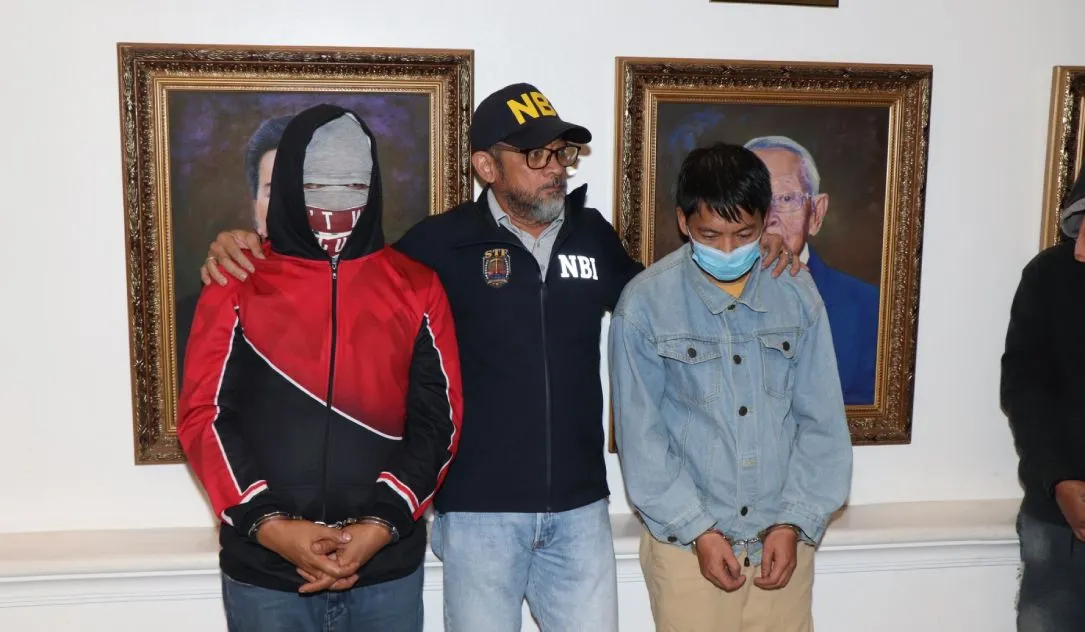Philippine authorities recently apprehended a Chinese national and two Filipino citizens on suspicion of conducting surveillance on critical infrastructure, including military facilities, as reported by the country’s National Bureau of Investigation (NBI) on Monday. The individuals in question are believed to be linked to a China-associated network posing as autonomous vehicle developers and could potentially face espionage charges for gathering and disseminating sensitive national defense information utilizing advanced technology.
Law enforcement officials disclosed that six individuals, including three currently residing in China, were identified as being involved in the group. One of the detained suspects, Deng Yuanqing, a Chinese national and software engineer, allegedly had ties to a university ultimately controlled by the People’s Liberation Army. This institution is renowned for its emphasis on disciplines relating to modern warfare and cybersecurity, with Yuanqing specializing in automation and engineering.
The group reportedly outfitted a vehicle with surveillance equipment and traversed back and forth between Manila, the capital, and Luzon, the largest and most populous island in the Philippines, for approximately a month. Their mission involved capturing images of landscapes, buildings, and the general layout of potential targets. The NBI emphasized that gathering critical national defense information without official approval violates Philippine laws.
During the arrest, Philippine authorities seized surveillance equipment containing sensitive data, such as topographic footage and maps of vital infrastructure. The devices were found to be accessible and remotely controllable via the internet. At a press conference, Philippine Armed Forces Chief Gen. Romeo Brawner Jr. highlighted that the suspects frequently passed through military bases, government offices, power plants, and police stations, collecting information that could potentially be utilized for military targeting purposes.
In response to the arrests, security measures at all military installations nationwide are set to be bolstered, with increased screenings for individuals entering these facilities, according to Gen. Brawner. This recent incident marks the second arrest of a suspected Chinese spy by Philippine authorities, with a previous case involving the confiscation of equipment that contained images of military and police installations in Manila.
Despite these developments, the Chinese embassy in Manila has refrained from issuing an official statement concerning the allegations. These arrests coincide with escalating tensions between the two countries, particularly over disputes in the South China Sea. Earlier this month, Bloomberg reported that Chinese state-sponsored hackers had infiltrated a Philippine government agency, siphoning off sensitive data as part of a prolonged cyber espionage operation. While details of the breach remain scarce, Philippine authorities have assured that current data remains uncompromised.
Additionally, over the weekend, a member of BreachForums claimed to have leaked data purportedly from the NBI, including comprehensive personal and transactional information. The agency has not commented on these claims as of yet.
Overall, the apprehension of these suspected spies underscores the ongoing challenges and threats posed by espionage activities, as nations strive to safeguard their national security interests amidst the backdrop of evolving technological advancements and geopolitical tensions.


